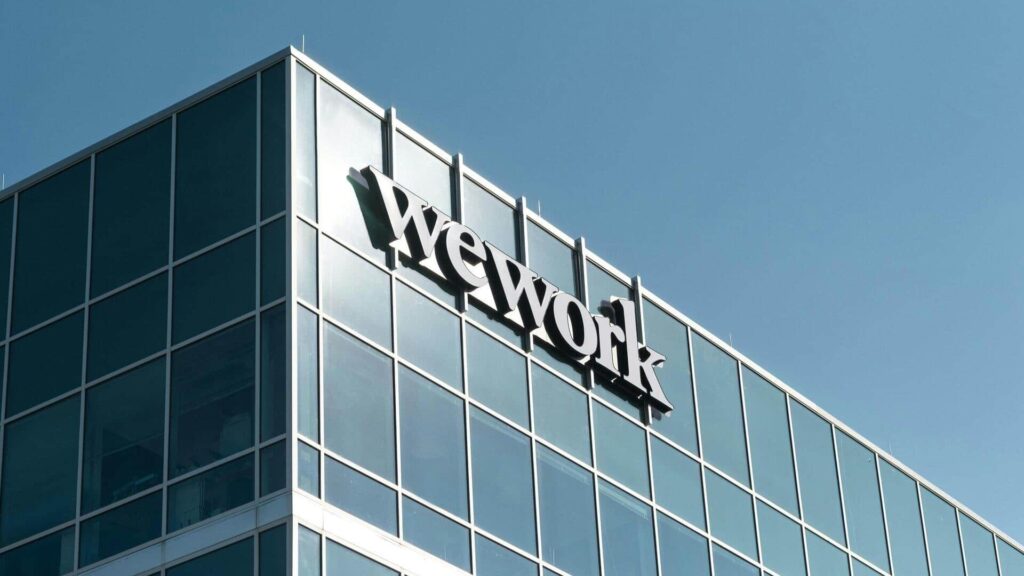**Should You Be Worried About WeWork India’s ₹3,000 Crore IPO?**
*By Dwaipayan Roy | October 7, 2025, 8:02 PM*
WeWork India’s ₹3,000 crore initial public offering (IPO) has come under scrutiny, with proxy advisory firm InGovern raising several concerns about the offering’s structure and pre-listing conditions. Shriram Subramanian, founder of InGovern, pointed out issues that highlight potential risks related to promoter intent, financial sustainability, and corporate governance.
### IPO Structure: Full Offer for Sale Without Fresh Capital
The IPO is structured as a full offer for sale (OFS), meaning no fresh capital is being infused into the company. This approach has sparked questions about the purpose of the IPO and the company’s long-term growth plans.
### Concerns Over Pledged Promoter Shares
A significant red flag is the temporary release of pledged promoter shares prior to the IPO. Over 53% of WeWork India’s pre-IPO shares, held by Embassy Buildcon, were pledged against borrowings worth approximately ₹2,065 crore. According to Subramanian, these pledges were revoked mainly to enable the IPO. The agreement stipulates that if the listing does not proceed, the shares must be re-pledged within 45 days, indicating a fragile shareholding structure.
### Financial Challenges: Operating Losses and Lease Obligations
WeWork India continues to report operating cash losses. These losses are exacerbated by lease agreements that carry debt-like obligations. Subramanian noted that when a loss-making company carries out a pure OFS and promoters use the proceeds to reduce debt, it raises significant concerns.
Notably, nearly 43% of WeWork India’s FY25 revenue was consumed by lease payouts. The company’s brief spell of profitability was mainly due to a deferred tax gain rather than core business performance.
### Governance Red Flags: Audit Qualifications and Pending Proceedings
InGovern highlighted repeated audit qualifications as a warning sign for investors. The company disclosed material weaknesses in its internal controls from FY22 to FY24, including poor vendor documentation and lack of transparency in related-party transactions.
Moreover, several enforcement proceedings are pending against WeWork India’s promoters with agencies such as the Central Bureau of Investigation (CBI), Enforcement Directorate (ED), and under the Prevention of Corruption Act. These ongoing legal issues compound the governance risks.
### Market Risks: Brand Dependence and Licensing
Another critical risk revolves around WeWork India’s dependence on the WeWork Global brand. The company operates under a 99-year license from WeWork Global, which is contingent upon promoter control and compliance with terms.
Any conviction or change in promoters could jeopardize the brand license, posing an existential risk to the business.
### Despite Concerns, Strong Anchor Investor Interest
Despite these challenges, the IPO attracted strong anchor investor interest, raising ₹1,348 crore from 67 investors including ICICI Prudential Mutual Fund, HDFC Mutual Fund, and others. This shows market confidence, but potential investors should carefully weigh the highlighted risks.
—
**Bottom Line:** While WeWork India’s ₹3,000 crore IPO has garnered significant attention and investor backing, concerns around promoter share pledging, ongoing losses, governance issues, and brand dependency warrant careful scrutiny before investing.
https://www.newsbytesapp.com/news/business/wework-india-s-3-000cr-ipo-under-ingovern-s-scanner-here-s-why/story

